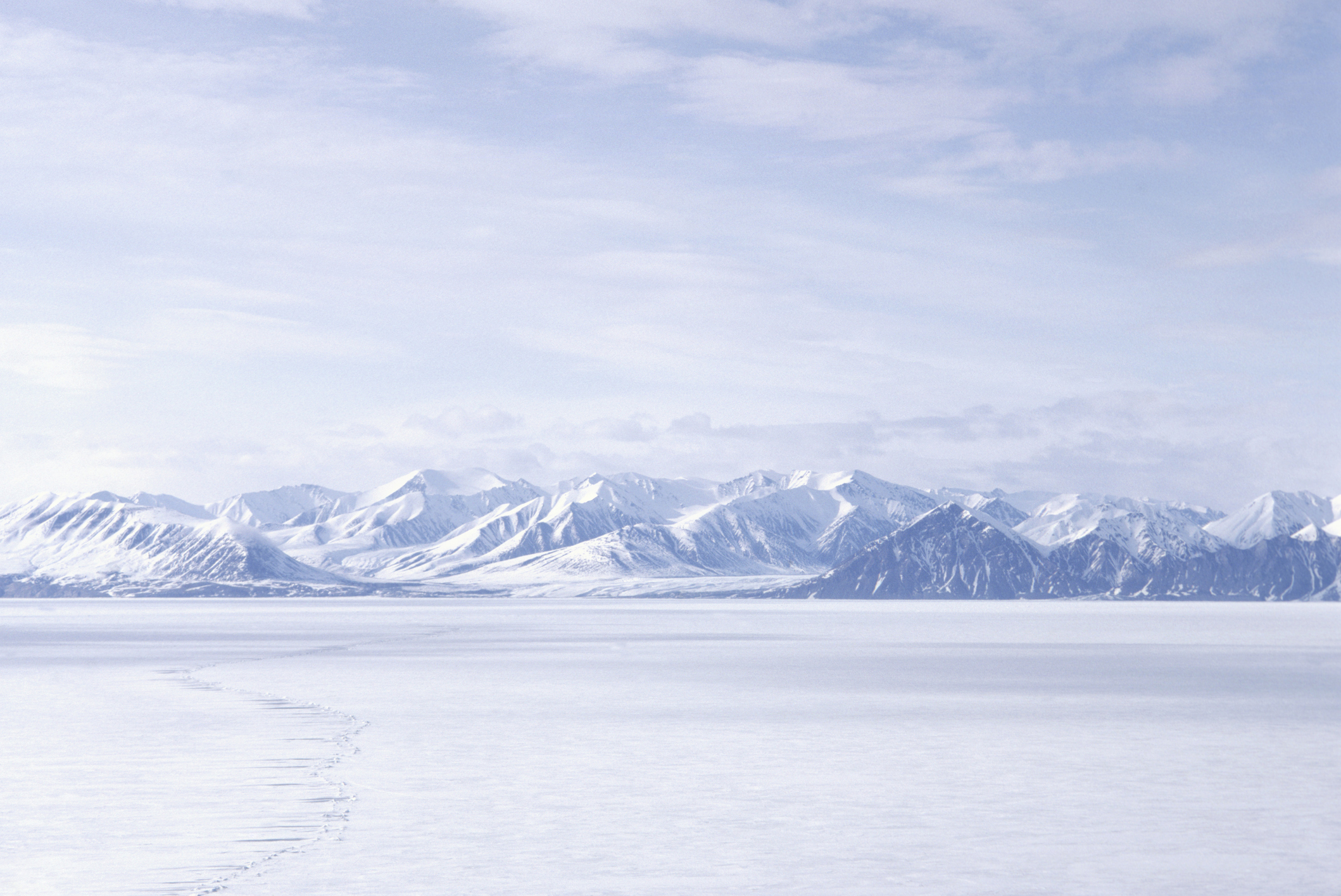An amazing discovery over eight decades in the making has been found on the snow-covered slopes of Canada’s northern frontier.
A cache of equipment, left by legendary American mountaineer Bradford Washburn, was found frozen in time on the steep heights of Mt. Lucania in the Yukon Territory.
According to ABC News, the equipment, which included cameras, was left by Washburn in 1937 while he and his cohort Bob Bates attempted to climb the glacial mountain.
Their journey was chronicled in a book by David Roberts titled, “Escape From Lucania.”
In the book, Washburn was said to have lamented the fact that he left his cameras behind and very much wanted to go back for them.
Professional skier Griffin Post read those words and was motivated to find the lost relics 86 years after they had been left there; 15 years after Washburn’s death.
As pointed out by ABC, Washburn’s equipment was abandoned on Walsh Glacier.
Because glaciers move over time, Washburn’s original notes would be little help in determining where his cache was left behind, as the geography of the location has obviously shifted since 1937.
In an interview with Teton Gravity Research, Post admitted that he knew it would not be easy.
“I was hopeful, but I knew that it was akin to finding the proverbial needle in the haystack,” Post said in an interview with Teton Gravity. “A lot can happen in 85 years on a glacier.”
With the help of glaciologist Dora Medrzycka, the search party hoped to determine which way the glacier had moved.
“They essentially needed help to figure out how the glacier is moving and what’s the best way of finding the cache,” Medrzycka told Business Insider.
While they had a general idea of where to start their search, it would take an arduous process to find Washburn’s relics.
Finally, in August of this year, luck broke their way.
Thanks to Medrzycka’s expertise, they were able to successfully track the location of cameras.
“It was an amazing feeling, and I felt relief that I didn’t fail at finding the cache,” Medrzycka said, adding, “It was an epic moment for everyone,” according to Insider.
This finding has great historic significance as the cameras Washburn left behind are known to have photographs within them that can now be processed and developed.
The scientific benefits from the endeavor could be even more consequential.
“What’s really significant here is that this is new data that we had no way of having without finding that cache,” Medrzycka said. “We were able to trace the path that was traveled by the cache since 1937.”
Some of the data collected will prove invaluable when mapping out glacial movement.
“If we combine this information now with satellite data, we can try and figure out if and how the flow of this specific glacier, Walsh Glacier, has changed over the last eight decades.”
These discoveries could give more insight into how glaciers move, where they have been, and where they could be in the future.
The finding was “so surreal” according to Post.
“For all the work that went into it and knowing all along that it was just a guess, and all that doubt that you had from others and yourself, to overcome that and be like, ‘Yeah, my gut was right. This was possible. This was here’ — it was just such a special moment to share with the crew and be with those people in that landscape and come back successful after essentially stealing victory from the jaws of defeat.”
This article appeared originally on The Western Journal.

























 Continue with Google
Continue with Google